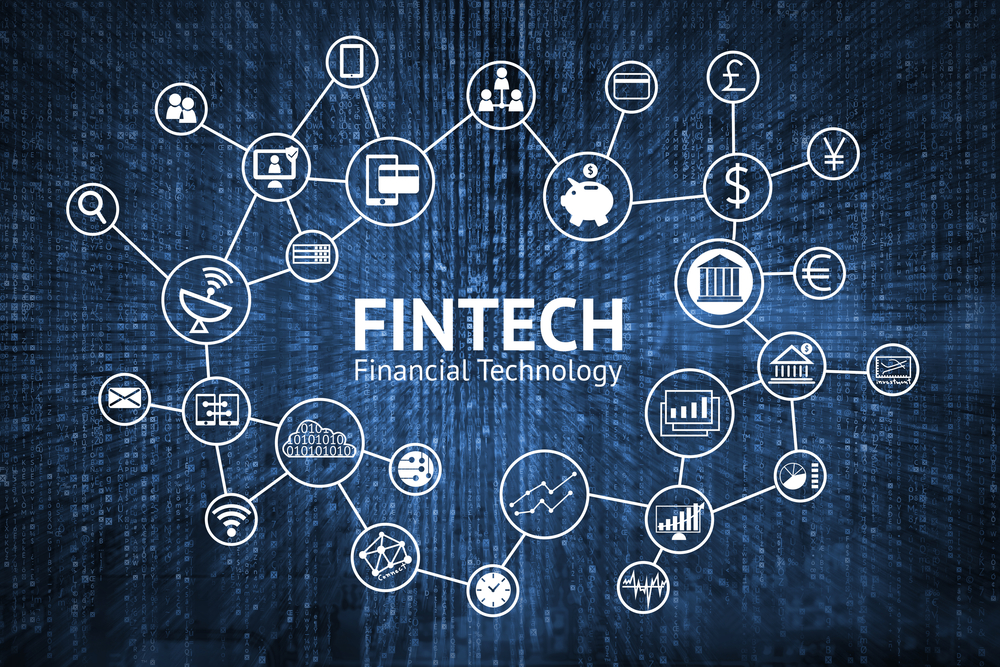advertisement
Time to stop flogging this dead horse, fintech!
For as long as I can remember, the term FinTech as been thrown around as if it was the panacea…

For as long as I can remember, the term FinTech as been thrown around as if it was the panacea of all our ills, from unemployment to foreign debt repayment, could it have become a cliché?
I would like to believe it has, we baptise anything that is not clear as FinTech such as an application for table banking or one to pay for parking. It seems this happens because it has become buried in the reality of getting mainstreamed but yet the advocates are still standing in court even though the verdict has been given.
The original meaning of financial technology, abbreviated to FinTech, referred to the back-end activities of financial institutions, at some point it also incorporated the customer facing systems, as you know nature abhors a vacuum, and more recently it expanded to include soft issues such as financial literacy but for some unfathomable reason many have decided to get fixated on the front-end part better known as the apps.
advertisement
The latest inclusion to the definition of FinTech, Financial Literacy, has been trumpeted about by the traditional banks but nothing concrete has been done mainly because doing so would have an adverse impact on their survival which is based on the ignorance of its clients, but I digress.
To me, an app is synonymous to a water tap or what an American would call a faucet, an implement whose basic function is to provide a convenient way for one to get access to the water sitting in a reservoir somewhere thousands of miles away or next door.
Without the reservoir the faucet is nothing more than a wall fixture and so too is an application that does not connect to a core system in the back-end.
advertisement
The Kenyan, in my opinion, is the most banked, financially included and connected individual in the world but in a way that looks nothing like the pictures/illustrations in the text books and there lies the dilemma.
It’s a lot like the definition of middle class which requires ownership of a refrigerator which is an essential item for someone in the west unlike for one in the tropics where most food is consumed fresh thus making it a lazy definition when applied as a global standard.
When we talk of trying to provide financial deepening in a country where over 80% of the adult population has a mobile money account it starts to sound a lot like an oxymoron, just because the person does not directly interact with an entity that has offices with large pillars at the entrance, does not mean they are unbanked.
advertisement
What is supposed to matter is whether the person can access the services provided in that concrete building whether formal or informal and that is where mobile banking is forcing a rethink which many are resisting for various vested reasons.
I have been banked for over 45 years as I opened my first account when I was 16 years old, yet in all that time the only services the banks have provided me are those of keeping my money safe and clearing payments, this is the case even today as I write this article.
When I look at what the mobile money providers offer today they have ten times more products than the traditional bank and are also more efficient in ease of money transfer (no cheque book required), payments (instant settlement) and even offering unsecured loans without the need for copies of my non-existent payslip, so how is this person deemed to be unbanked?
The mobile money crusade is rapidly incorporating new services that the traditional banks had refused and continue to refuse to provide such as a simple ledger that would give an analysis of who and where they spend their money, the basis of financial literacy.
So, the bases for financial technology are all in place what we lack is the will to refocus from the product to the application, as the other over flogged entity mpesa transitions to a platform we shall soon have to accept that it is time to have the oxford dictionary change the definition of FinTech.